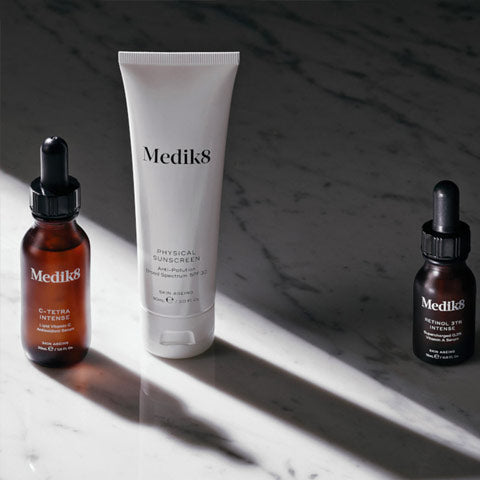Diet Coke is a popular sugar-free carbonated beverage that has gained significant popularity among individuals who are conscious of their calorie intake and overall sugar consumption. It has been marketed heavily as a “risk-free” and “healthier” alternative to regular drinks. While it may be a preferred choice for those seeking a low-calorie alternative to regular drinks, it's important to be aware of its potential effects on dental health.
Acidic Content
Diet Coke, like other carbonated beverages, is highly acidic. The carbonation process involves the addition of carbonic acid, which gives the drink its characteristic fizz. The acidity of Diet Coke can contribute to tooth enamel erosion over time. Enamel is the protective outer layer of the teeth, and when exposed to acid regularly, it can weaken and become more susceptible to cavities and sensitivity.
Tooth Erosion
The acid in Diet Coke can erode tooth enamel gradually, especially when consumed in excess or consumed frequently throughout the day. Enamel erosion leads to thinning of the protective layer, making the teeth more prone to discoloration, decay, and sensitivity. Over time, this can result in tooth damage and the need for dental intervention.
Discoloration
Diet Coke contains artificial colorants that can stain the teeth. While the drink itself may not be as dark or pigmented as some other beverages, prolonged exposure can contribute to the gradual discoloration of teeth, particularly if proper oral hygiene practices are not followed.
Dry Mouth
Many carbonated beverages, including Diet Coke, can contribute to dry mouth. The combination of the carbonation and artificial sweeteners in Diet Coke can reduce saliva production. Saliva plays a crucial role in maintaining oral health by neutralizing acids, washing away food particles, and remineralizing the teeth. A dry mouth environment can increase the risk of dental problems, including tooth decay and gum disease.
Caffeine
While Diet Coke contains less caffeine than regular Coke, it still contains a moderate amount. Caffeine is a diuretic, which means it can contribute to dehydration. Dehydration affects oral health by reducing saliva production and increasing the risk of dry mouth. Additionally, dehydration can compromise the body's ability to fight off oral bacteria, increasing the likelihood of dental issues.
To mitigate the potential negative effects of Diet Coke on teeth, consider the following tips:
Moderation
Limit your consumption of Diet Coke and other acidic beverages. Opt for water or herbal tea as a healthier alternative.
Use a straw
When drinking Diet Coke, using a straw can help minimize contact between the beverage and your teeth, reducing the risk of enamel erosion and discoloration.
Rinse with water
After consuming Diet Coke, rinse your mouth with water to help neutralize the acids and wash away any residue. Avoid brushing immediately after consuming acidic drinks, as brushing can further erode the softened enamel. Wait at least 30 minutes before brushing.
Maintain good oral hygiene
Brush your teeth at least twice a day with a fluoride toothpaste and floss regularly. This helps remove plaque and prevents tooth decay.
Visit the dentist regularly
Regular dental check-ups are essential for identifying and addressing any potential oral health issues early on.
Remember, while Diet Coke can have a negative impact on dental health, its effects can be minimized through moderation, good oral hygiene practices, and regular dental care. If you have concerns about your dental health or the effects of specific beverages, it's always best to consult with a dental professional.




